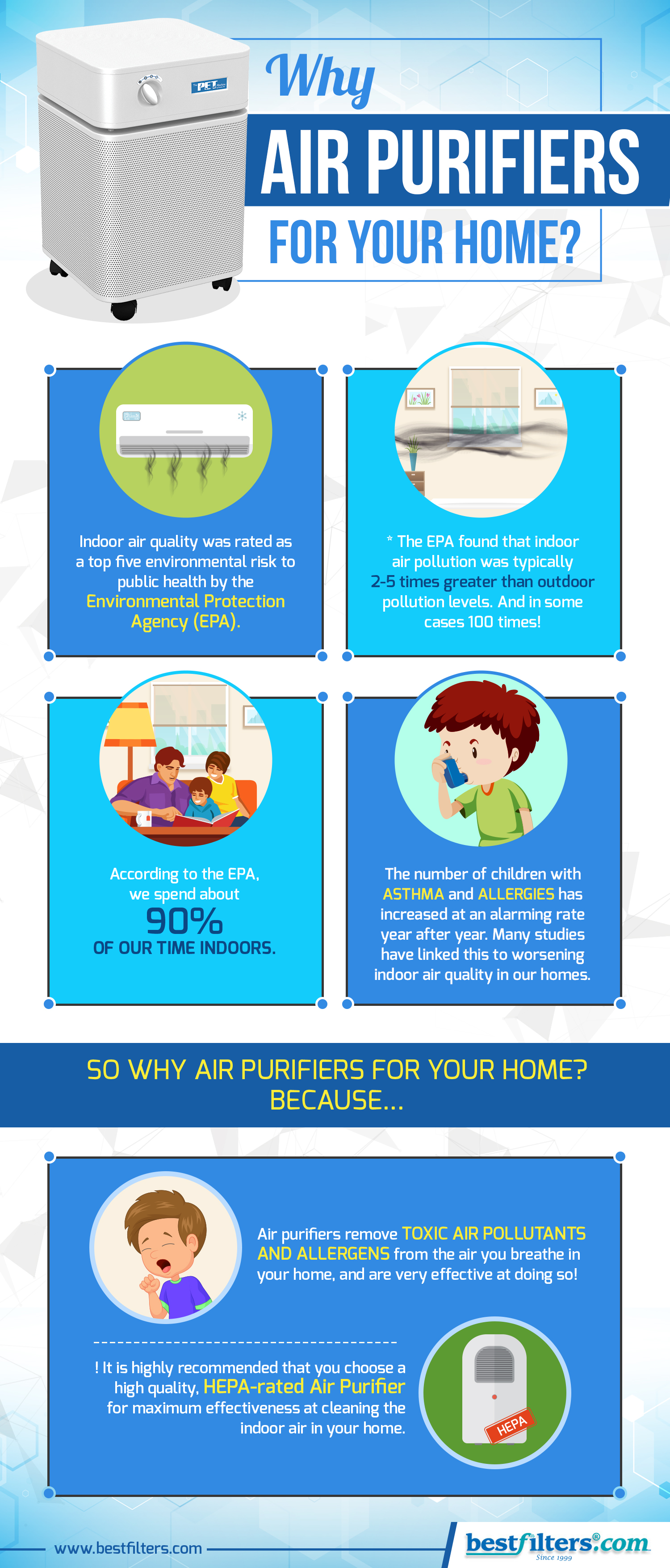The Relationship Between Weather Condition Issues And Heatpump Performance, In Addition To Solutions To Enhance Performance
The Relationship Between Weather Condition Issues And Heatpump Performance, In Addition To Solutions To Enhance Performance
Blog Article
Short Article By-Tuttle Munkholm
When it comes to your heatpump, weather plays a critical function in its performance. From freezing temperature levels to sweltering heat, each aspect can influence just how effectively your system runs. However what can you do to fight these weather-related challenges and ensure your heatpump is working at its finest? Remain tuned to uncover functional tips and strategies to optimize your heat pump's efficiency, no matter the climate condition it encounters.
Climate Aspects Influencing Heatpump Efficiency
Weather aspects have a substantial impact on the performance of heatpump. One critical aspect is temperature. find out here now work by moving warmth from outside to within during winter months and vice versa in summer season. As temperature levels drop, it becomes harder for the heatpump to extract heat from the outside air, reducing its effectiveness.
An additional crucial element is moisture. simply click the next internet site can make it much more difficult for the heat pump to release warmth throughout the cooling process.
Furthermore, wind speed plays a role. Solid winds can dissipate the warmth taken in or launched by the heatpump, impacting its total performance.
Tips for Optimizing Heatpump Performance
To improve the efficiency and long life of your heatpump, carrying out a couple of crucial techniques can make a considerable distinction in its efficiency.
First of all, make sure normal upkeep by cleaning or changing filters every 1-3 months to avoid air flow clogs and make the most of air movement. Furthermore, routine annual professional assessments to detect and deal with any kind of potential concerns beforehand.
Optimum thermostat setups additionally play an important duty. Throughout the wintertime, go for a temperature level setup that's as reduced as comfy, and throughout the summer, set it as high as comfy to decrease the workload on your heat pump. Making use of a programmable thermostat can help you instantly change setups based on your timetable.
Furthermore, securing leakages in ductwork and protecting ducts in unconditioned rooms can prevent energy loss and improve overall system efficiency.
Last but not least, take into consideration setting up a smart thermostat that can learn your routines and adjust setups appropriately, more enhancing your heat pump's efficiency. By following these ideas, you can guarantee your heat pump operates efficiently and successfully throughout the year.
Best Practices for Weatherproofing Your Heat Pump
For optimum efficiency and performance of your heat pump, executing weatherproofing procedures is vital. Begin by securing any type of voids or cracks around doors, windows, and ductwork to prevent warmth loss and keep a consistent interior temperature.
Protect subjected pipelines and air ducts to stop freezing during cold weather and ensure proper air flow. Take into consideration setting up a protective cover over the exterior unit to secure it from harsh weather aspects like snow, ice, and particles.
On a regular basis clean the exterior device to eliminate dirt, leaves, and particles that can obstruct air flow and lower efficiency. Additionally, keep the location around the heatpump free from snow, ice, and vegetation to enable proper ventilation.
Conclusion
Since you recognize how weather condition impacts your heat pump performance, you can take proactive actions to maximize its effectiveness. By adhering to the ideas laid out in this short article, such as regular maintenance, thermostat changes, and weatherproofing steps, you can guarantee that your heatpump runs at its ideal despite the climate condition. Stay ahead of the game and maintain your home comfy all the time.
